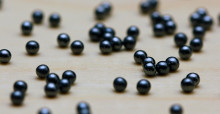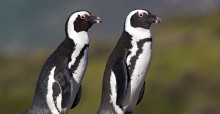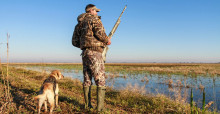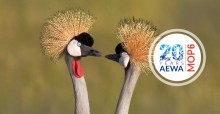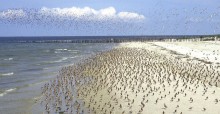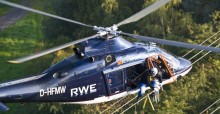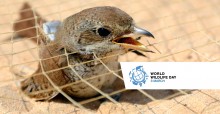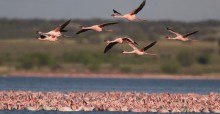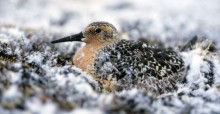While it will undoubtedly take some time to discover what lay behind the emergence and spread of the coronavirus and for our societies to recover from the effects of the disease and the economic, health and social repercussions of the shutdown, Jacques Trouvilliez says that there is one environmental challenge which could be solved at a stroke – the continued use of lead ammunition which is poisoning wildlife, habitats and people.



